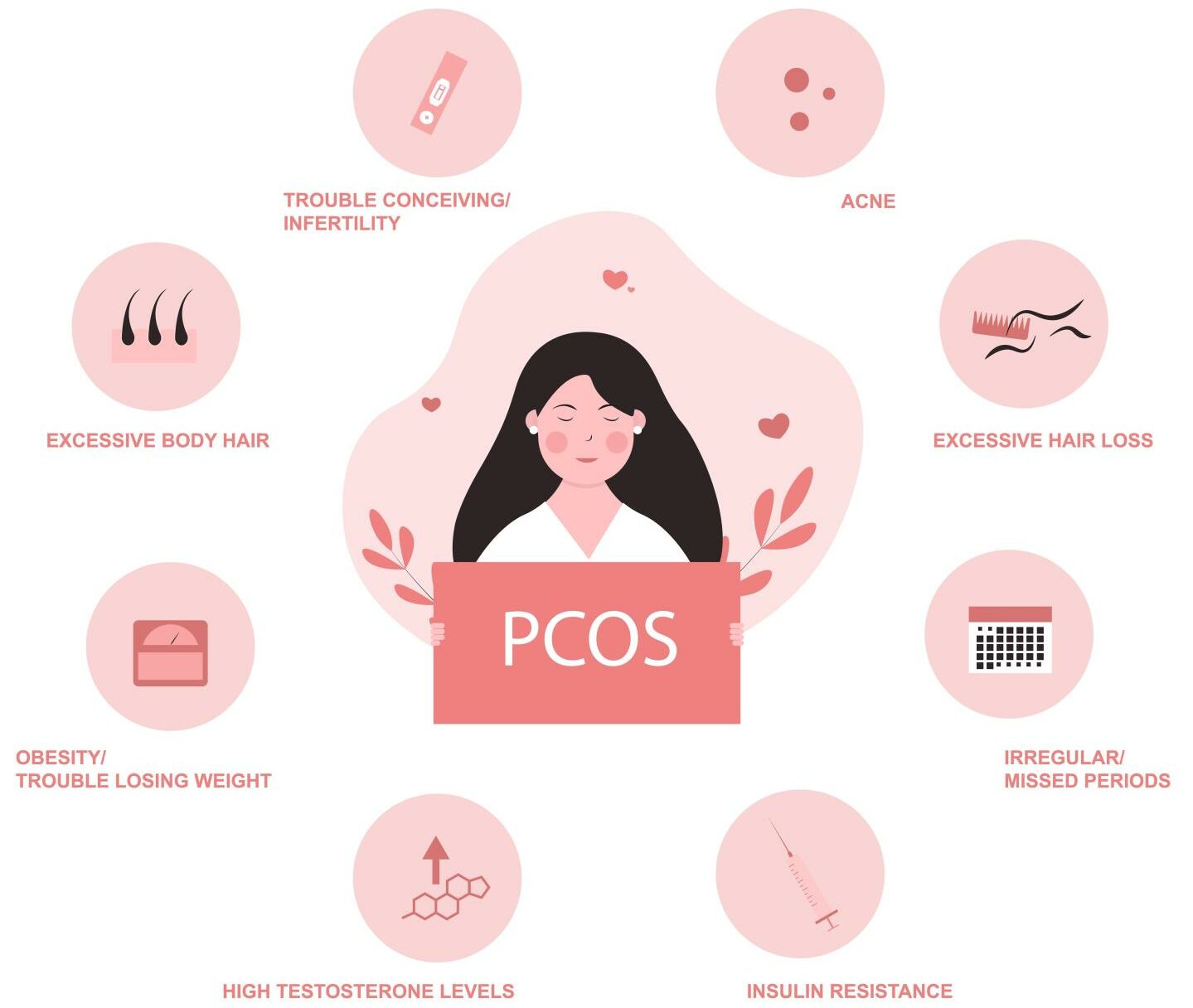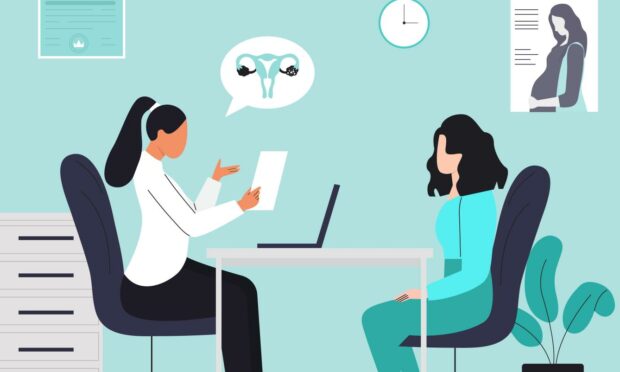Less than half of women in the UK can spot the signs and symptoms of Polycystic Ovary Syndrome (PCOS), a hormone disorder which can cause pregnancy difficulties.
It affects around one in 10 women, and can lead to a higher risk of type 2 diabetes, heart disease and uterine cancer over time.
There are three main features – irregular periods, high levels of certain hormones, and polycystic ovaries, when they become enlarged and grow tiny follicles which hinder ovulation.
While there is no cure, it can be treated – but a new survey has found many women don’t know the symptoms to watch out for.
Do you know the symptoms of PCOS?
Healthcare firm Livi polled 1,000 women about the most common symptoms of PCOS, and found the majority were unaware of the possible red flags.
Acne – recognised by 20%
Long gaps between periods – recognised by 30%
Weight gain – recognised by 33%
Excessive hair growth – recognised by 37%
Irregular periods – recognised by 53%
Additionally, some of those surveyed flagged ailments that are not symptoms of PCOS, but can be mistaken for, including nausea, increased sweating and insomnia.

What are the effects?
The exact cause of Polycystic Ovary Syndrome is not known, but scientists have found links between it and insulin – the hormone which controls sugar levels in the body.
Some women with the condition produce higher levels of insulin as a result, in turn affecting levels of other hormones like testosterone.
Dr Elisabeth Rosen, a gynaecology specialist and Livi’s lead GP, said: “As PCOS is a condition that causes problems with the release of eggs from the ovaries, it can make getting pregnant more difficult.
“Polycystic ovaries contain fluid-filled cysts known as follicles, in which eggs develop but usually never mature enough to ovulate.
“This affects the menstrual cycle, leading to irregular bleeding and problems ovulating.”
I think I have PCOS – what do I do?
Dr Rosen added: “Keep track of your symptoms and menstrual cycle to help you spot patterns.
“You can use a cycle tracker app or a physical diary.
“A doctor will ask questions about your symptoms and experiences and then refer you for a blood test to check your hormone levels.
“They will also request an ultrasound to check for signs that your ovaries are polycystic.”
